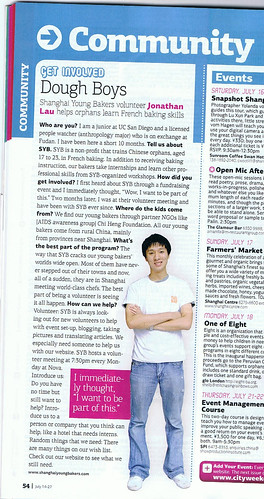After countless local, mobile and social pitches, it was great to to hear ideas that had legitimate claims to changing the world. While getting wowed by the presenters, it suddenly occurred to me that some of the startups could very well make it in China.
Below are the three startups whose products I could see making it in China:
Acopio
Most of the world's coffee is grown on small farms and cooperatives where record keeping and ordering is still handled on paper. Acopio aims to bring these small growers to the digital world with their data management software that will allow producers to track operational data as well as clearly communicate with lenders and buyers.Currently, Acopio's focus is on South American producers, but I can easily see this software used by Chinese coffee growers in Yunnan. In addition, due to the high likelihood that Chinese and South American farmers are at the same technology level, bringing Acopio's software to China would just require some translation.
Africa's Talking
With the heavy focus on smartphones, it is easy to forget that the most popular phone in the world today is the Nokia 1100, a dumbphone. Africa's Talking wants to help developers build apps for the much larger dumbphone market by creating a universal platform that would be adopted by service providers. M-Pesa a mobile payment system originated out of Kenya has shown that there is a great demand for practical mobile apps.
In China, the smartphone market is growing rapidly but the large majority of Chinese still own dumbphones so there is definitely a large market for dumbphone apps. However, if Africa's Talking were to shift its focus to China, it should do so fast because dumbphones are a rapidly sunsetting business.
Project Repat
Apparently, I have been missing out a on a new trend called upcycling where discarded textiles are creatively remade into new textile products and then sold for a higher price. Project Repat has turned upcycling into a big business, by partnering with big brands to take their unsold merchandise off their hands and then upcycling it to be sold back under the same brand.China being by far the largest textile manufacturer in the world, has an abundant supply of defective and rejected goods that could be upcycled right out of the factory. Taking into account the lower labor and shipping costs, upcycled products in China would be very competitive in the global marketplace.




No comments:
Post a Comment